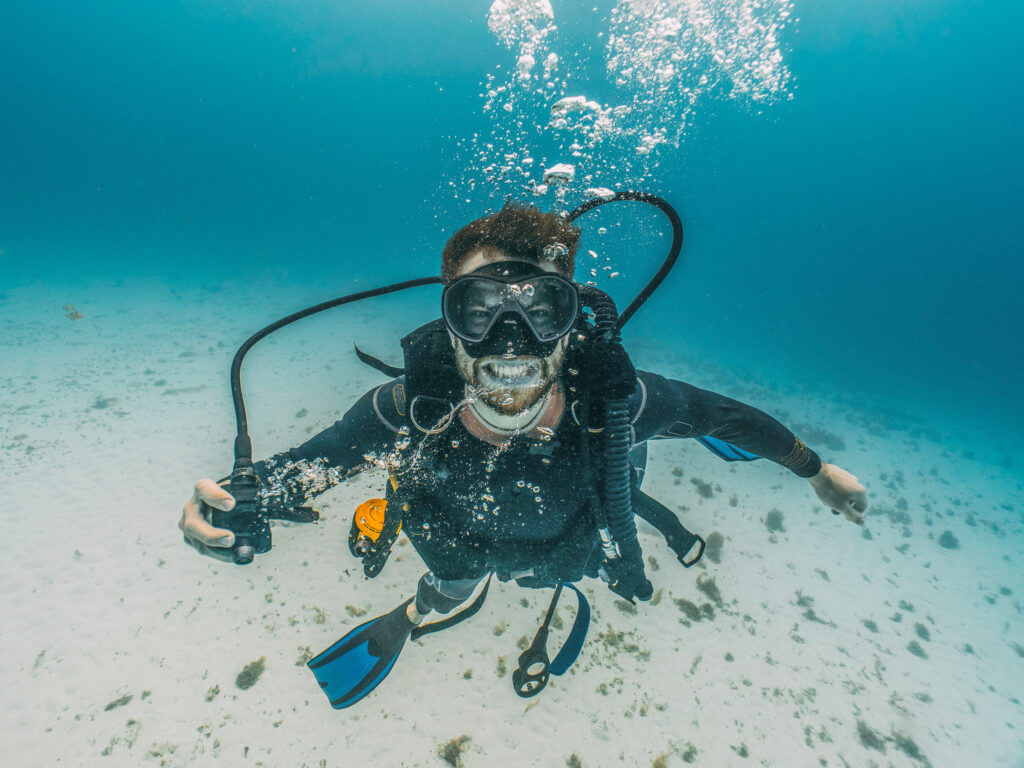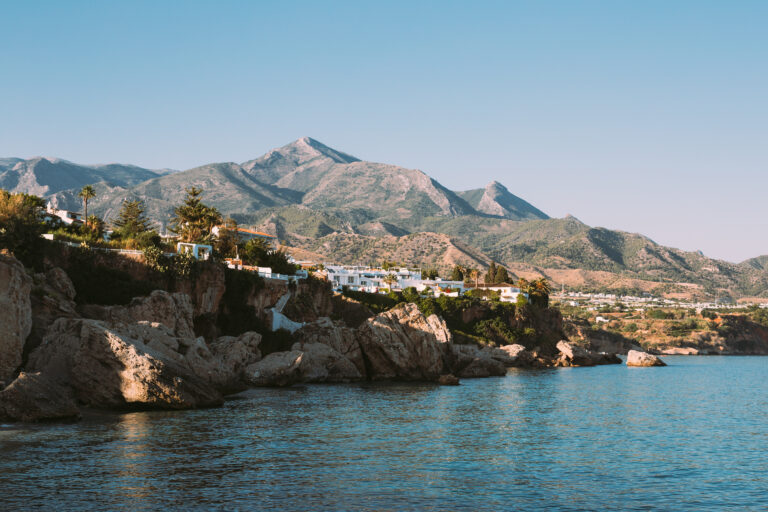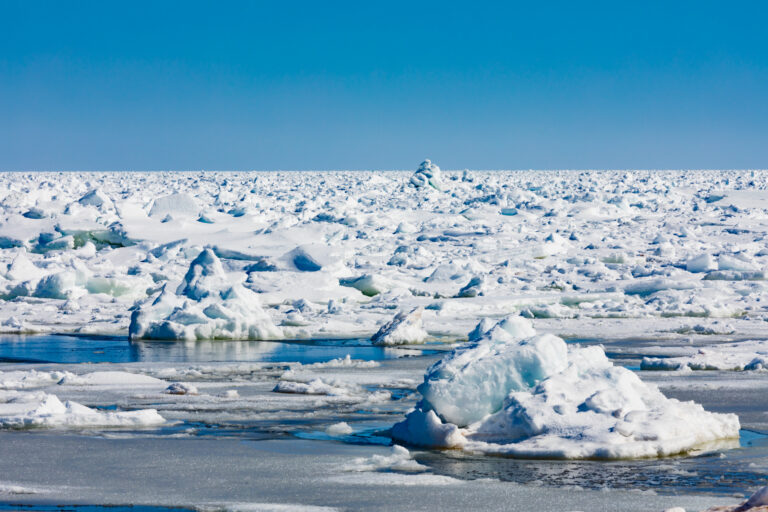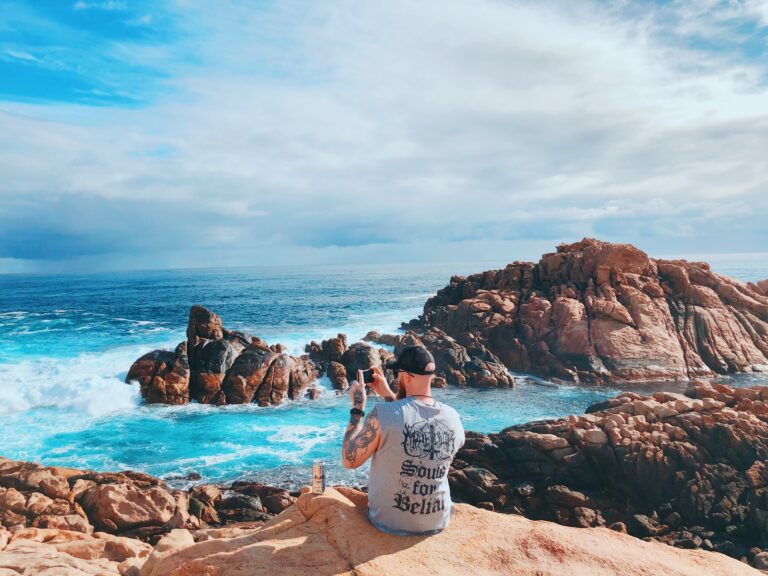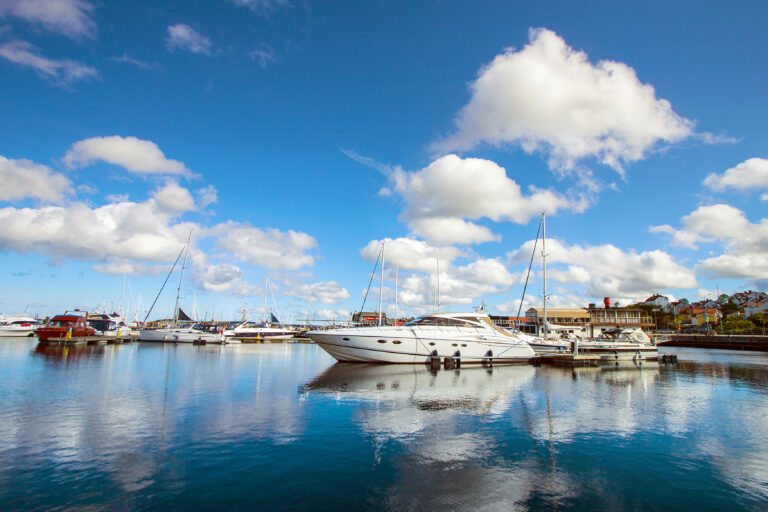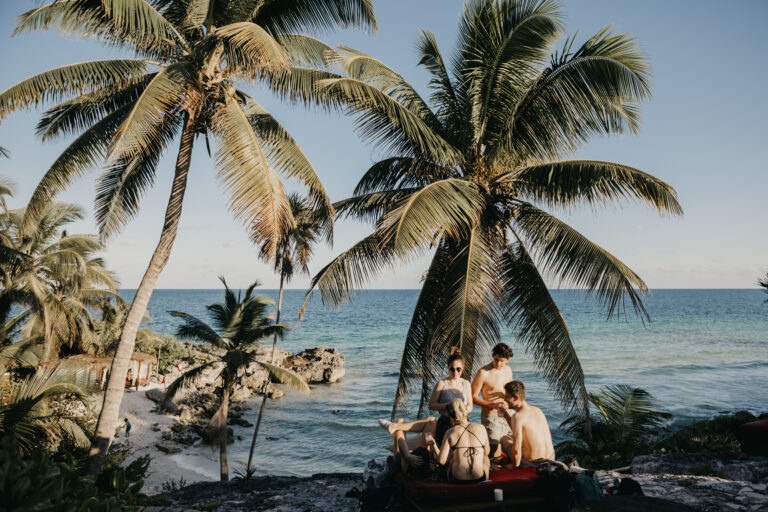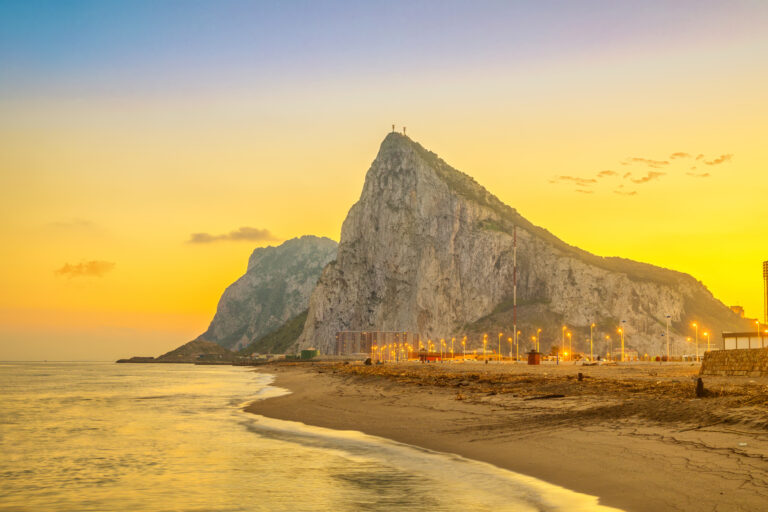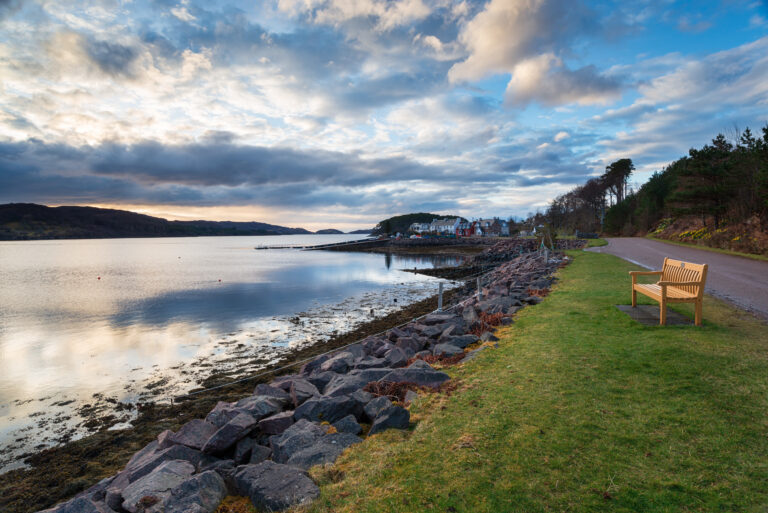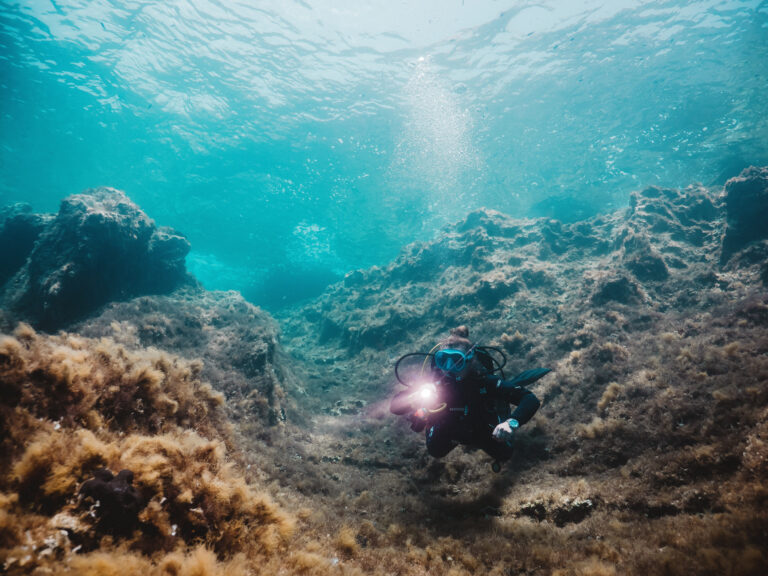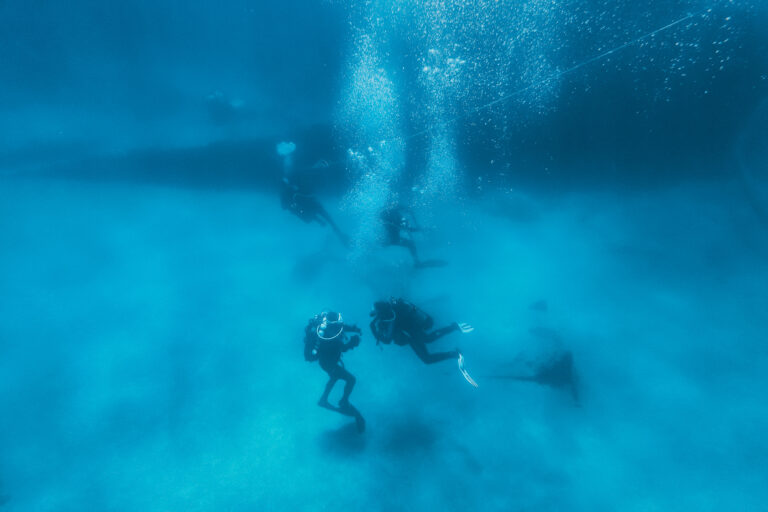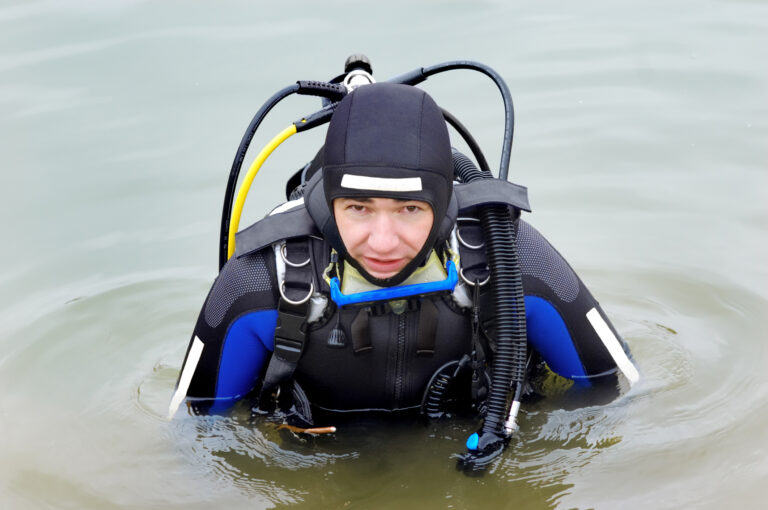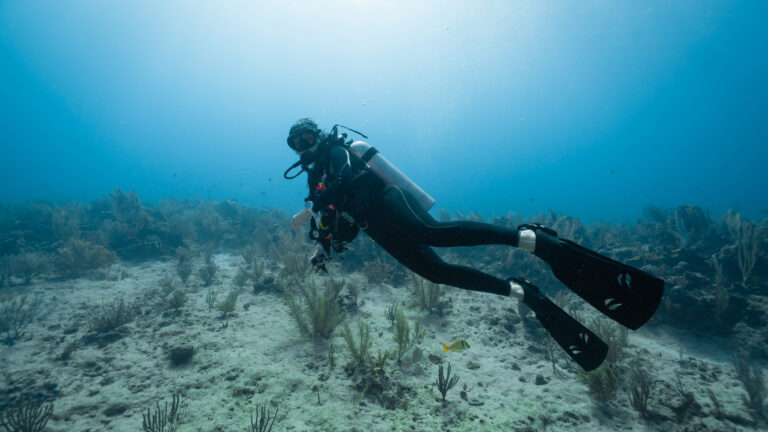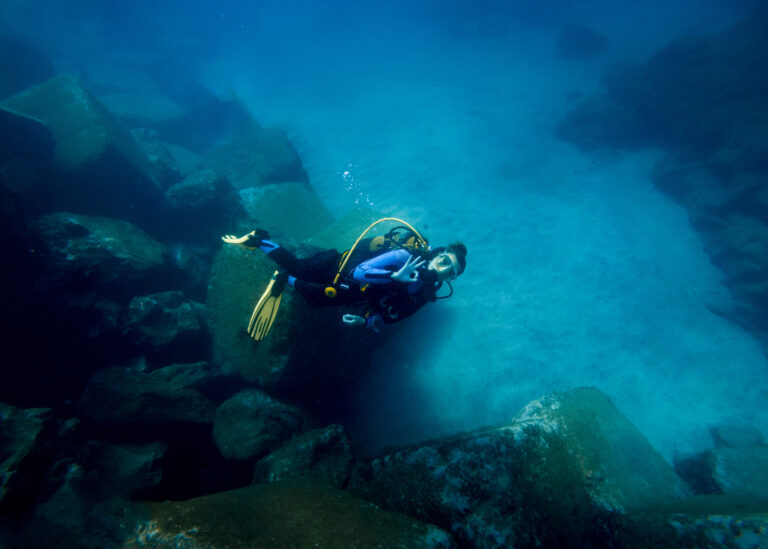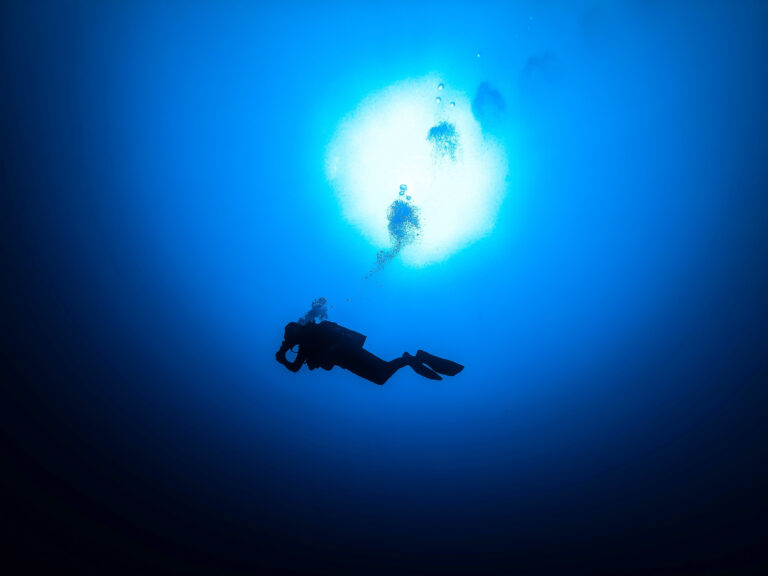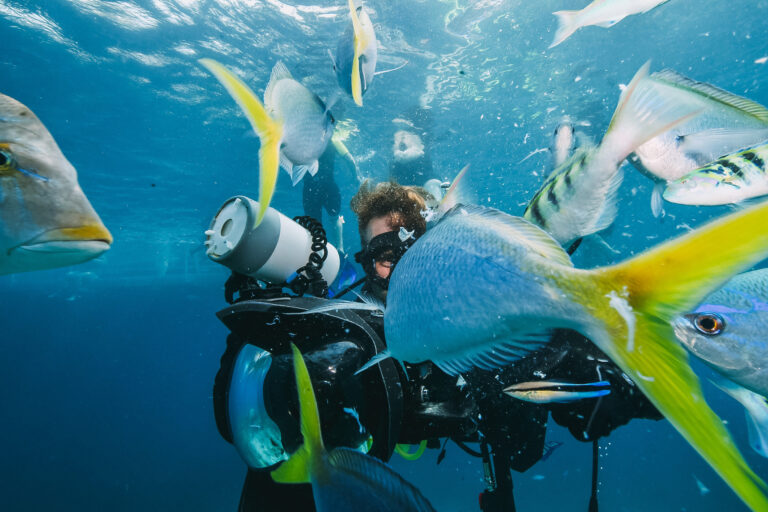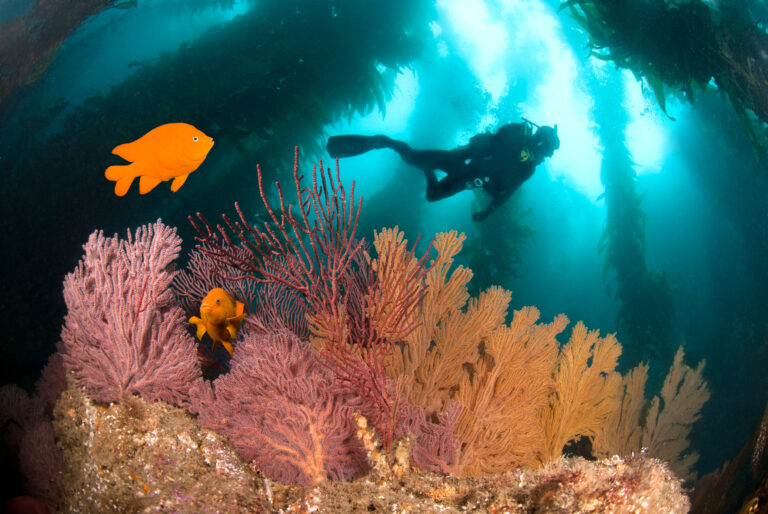SCUBA DIVERS’ TRAVEL GUIDE TO Belarus
Belarus may not be the first destination that comes to mind when you think of scuba diving, but this landlocked country in Eastern Europe has some hidden gems for adventurous divers. Belarus has a rich history and culture, as well as diverse landscapes and wildlife. You can explore underwater caves, sunken forests, and even a submerged Soviet bomber plane. Belarus also offers some of the best freshwater diving in Europe, with clear and calm lakes that are home to various fish species, plants, and invertebrates. Whether you are looking for a challenge, a relaxing dive, or a glimpse into the past, Belarus has something for every scuba diver.
LOCATION AND GEOGRAPHY
Belarus, a landlocked country nestled in Eastern Europe, may not be the first destination that comes to mind for scuba diving enthusiasts due to its lack of direct access to the world’s oceans. However, this nation, bordered by Russia, Ukraine, Poland, Lithuania, and Latvia, offers a unique underwater experience in its numerous lakes and rivers. The Belarusian landscape is dotted with over 11,000 lakes, the largest being Lake Narach, and a dense network of rivers, including the Pripyat and the Berezina, which provide freshwater diving opportunities. While Belarus cannot boast coral reefs or marine biodiversity akin to coastal destinations, its inland waters are home to intriguing dive sites, including flooded quarries, sunken forests, and wartime relics submerged in history. Divers in Belarus can explore the underwater world in a distinctly different setting, where the emphasis is on the tranquility of freshwater ecosystems and the allure of diving in a serene, often overlooked corner of Europe.
VISA AND ENTRY REQUIREMENTS
Belarus is a landlocked country in Eastern Europe and is not typically associated with scuba diving due to the absence of a sea coastline. However, for those interested in exploring the country’s freshwater diving opportunities, such as in its lakes and rivers, it is important to note the visa and entry requirements. Travelers from many countries will need to secure a visa before arrival, which can be obtained from a Belarusian consulate or embassy. As of the knowledge cutoff in 2023, citizens of some countries can enter Belarus visa-free for short stays under specific conditions, such as arriving through the Minsk National Airport and staying for no more than 30 days. It is crucial to check the most current visa requirements with official sources or the Belarusian diplomatic services before planning your trip, as policies can change. Additionally, ensure that your passport is valid for at least six months beyond your planned departure date from Belarus, and you may be asked to show proof of health insurance upon entry.
GETTING TO Belarus
Belarus, a landlocked country in Eastern Europe, may not be the first destination that comes to mind for scuba diving enthusiasts due to its lack of direct access to the ocean. However, it offers a unique diving experience in its numerous lakes and quarries filled with clear freshwater. To get to Belarus, travelers will typically fly into Minsk National Airport, the main international gateway, which is well-connected to various European cities. Overland routes are also an option for visitors coming from neighboring countries such as Russia, Ukraine, Poland, Lithuania, and Latvia. Visa requirements for entering Belarus vary depending on your nationality, so it’s essential to check the latest visa regulations before planning your trip. Once in Belarus, divers can explore underwater worlds in places like the Blue Lakes near Minsk, with their exceptional visibility and intriguing underwater landscapes, making for an unexpected yet memorable diving adventure.
BEST TIME TO DIVE
Belarus, a landlocked country, may not be the first destination that comes to mind for scuba diving enthusiasts seeking the vibrant marine life found in oceanic waters. However, it offers a unique underwater experience in its freshwater lakes and quarries, with the best time to dive being from late spring to early autumn, typically May through September. During these months, the water temperatures become more comfortable, ranging from 10°C to 20°C (50°F to 68°F), and visibility improves, allowing divers to better explore the submerged forests, intriguing rock formations, and Soviet-era relics that lie beneath the surface. Winter diving is also possible for those trained in ice diving, offering a serene, crystalline underwater environment. It’s important to note that diving in Belarus requires appropriate thermal protection and, due to the inland nature of the dive sites, a focus on freshwater diving skills.
ACCOMMODATION OPTIONS
Belarus may not be the first destination that comes to mind for scuba diving enthusiasts due to its landlocked geography, but it does offer unique freshwater diving experiences in its numerous lakes and quarries. Accommodation options for divers in Belarus are varied, ranging from comfortable hotels in larger cities like Minsk, which are a short drive from popular dive sites, to more rustic lodgings such as guesthouses and lakeside cabins that provide a closer proximity to the underwater adventures. In regions like the Braslav Lakes area, known for its clear waters and intriguing dive spots, divers can find local resorts and vacation rentals that cater specifically to outdoor and water sports enthusiasts. While Belarus doesn’t have the typical dive resorts found in tropical destinations, its accommodations often embrace the natural beauty and tranquility of the Belarusian countryside, ensuring a peaceful retreat after a day spent exploring the underwater world.
DIVE OPERATORS AND DIVE SHOPS
Belarus, a landlocked country, may not be the first destination that comes to mind for scuba diving enthusiasts seeking tropical reefs or oceanic adventures. However, it offers a unique diving experience in its numerous lakes and quarries, with dive operators and shops catering to both beginners and experienced divers. The most notable dive sites are located in the Blue Lakes area, where the water’s high mineral content creates exceptional visibility. Dive shops in Belarus, such as Minsk-based Divebooker or Aquamir, provide equipment rentals, courses, and guided dives to these freshwater locales. They ensure safety and offer insights into the underwater landscapes that are surprisingly rich with aquatic life. While the diving industry here may not be as extensive as in coastal regions, the local operators are passionate and knowledgeable, providing a personalized experience that highlights the unexpected beauty of Belarusian underwater adventures.
TRANSPORTATION WITHIN Belarus
Belarus, a landlocked country in Eastern Europe, may not be the first destination that comes to mind for scuba diving enthusiasts due to its lack of direct access to the ocean. However, it does offer unique freshwater diving experiences in its numerous lakes and rivers, with the most notable diving sites located in the Braslav Lakes and the Blue Lakes near Minsk. To reach these inland dive sites, travelers can rely on the country’s well-developed transportation infrastructure. The most convenient way to traverse Belarus is by car, which allows for flexibility and ease of transporting diving gear. Car rentals are available in major cities and airports. For those preferring public transport, regular bus and train services connect major cities and towns, from where local buses or taxis can be taken to reach specific lakes or dive centers. It’s important to note that while public transport may be economical, it may not always cater directly to more remote dive sites, making self-drive options more practical for divers.
CURRENCY AND PAYMENT METHODS
Belarus is a landlocked country, and thus, it does not offer traditional scuba diving experiences. However, for the purpose of this hypothetical scenario, let’s assume there are scuba diving opportunities in artificial or natural freshwater environments within Belarus. In this context, when preparing for your diving adventure in Belarus, it’s important to note that the official currency is the Belarusian ruble (BYN). While major hotels and dive shops in larger cities may accept credit cards, it’s advisable to carry cash, especially when traveling to more remote diving locations where electronic payment systems might not be as readily available. Currency exchange is possible at banks, official exchange booths, and hotels, but ensure you keep your receipts for any transactions, as they may be required when exchanging rubles back to your home currency. It’s also worth mentioning that while the Euro or US Dollar might be accepted in some tourist-centric areas, relying on foreign currencies is not recommended for day-to-day transactions. Always check the latest travel advisories and financial regulations before your trip, as economic policies can change.
LANGUAGE AND COMMUNICATION
Belarus might not be the first destination that comes to mind when thinking of scuba diving, given its landlocked geography, but it does offer unique freshwater diving experiences in its lakes and quarries. When it comes to language and communication, the primary language spoken in Belarus is Belarusian, with Russian also widely used. As a visitor, you’ll find that English is less commonly spoken, especially in more rural or remote diving locations. It’s advisable to learn some basic Russian phrases, as this can greatly enhance your interactions with local dive operators and residents. Additionally, carrying a translation app or a phrasebook can be very helpful. Dive briefings may be conducted in Russian or English, depending on the dive center’s staff and clientele, so it’s important to confirm language arrangements beforehand to ensure clear and safe dive communication. Remember, underwater hand signals are universal, but it’s always beneficial to review them with your dive guide to avoid any misunderstandings during your underwater adventure in Belarus.
LOCAL CULTURE AND ATTRACTIONS
Belarus may not be the first destination that comes to mind for scuba diving enthusiasts due to its landlocked geography, but it offers a unique underwater experience in its numerous lakes and rivers. While the country lacks a marine coastline, the local culture and attractions on land complement the freshwater diving adventures. Visitors can immerse themselves in the rich Belarusian heritage by exploring historic castles such as Mir and Nesvizh, both UNESCO World Heritage Sites, or by strolling through the capital city of Minsk, which boasts a blend of Soviet-era architecture and modern European charm. Traditional Belarusian cuisine, with hearty dishes like draniki (potato pancakes) and borscht, provides a comforting end to a day of diving. Cultural festivals, folk music, and dance performances offer a glimpse into the vibrant local customs. Although diving in Belarus is a departure from the typical coral reefs and oceanic biodiversity, the combination of intriguing freshwater dive sites and the allure of Belarusian culture presents a distinctive and enriching experience for travelers.
CULTURAL ETIQUETTE AND TIPS
Belarus is a landlocked country, and while it may not offer traditional scuba diving experiences in seas or oceans, it does have a number of lakes and rivers that attract diving enthusiasts. However, when it comes to cultural etiquette and tips for scuba diving in Belarus, it’s important to remember that this activity is not as common as in coastal destinations. Divers should be respectful of local regulations and environmental practices, as many water bodies may be protected or have restricted access. It’s advisable to connect with local diving clubs or organizations that can provide guidance on where and when diving is permitted. When interacting with locals, be polite and show interest in their culture and history. Belarusians are known for their hospitality, but also appreciate when visitors are considerate of their customs and traditions. As a visitor, try to learn a few phrases in Russian or Belarusian, as English is not widely spoken, especially in rural areas. Lastly, always ensure that you have the necessary permits for diving, as Belarusian authorities are strict about adherence to rules and regulations.
LOCAL LAWS AND REGULATIONS RELEVANT TO TOURISTS
Belarus is a landlocked country, and while it may not be the first destination that comes to mind for scuba diving, it does offer unique freshwater diving experiences in its lakes and quarries. However, tourists should be aware that scuba diving in Belarus is regulated by local laws and safety standards that must be adhered to. Divers should ensure they have the appropriate permits and are diving with a certified local dive operator. It is important to note that some bodies of water may be restricted due to environmental protection laws or military control, so always check with local authorities or dive centers for the most current information. Additionally, divers should be aware of and respect any rules regarding interactions with wildlife, removal of artifacts, and dive site preservation to ensure the continued health and accessibility of Belarus’s underwater environments.
SAFETY TIPS AND EMERGENCY CONTACTS
When planning a scuba diving trip to Belarus, safety should be your top priority. Given that Belarus is a landlocked country, diving here primarily takes place in lakes and quarries, such as the Blue Lakes near Minsk, where conditions differ from the ocean. Always check your equipment thoroughly before each dive and ensure you’re familiar with the local freshwater environment and its potential hazards, such as sudden temperature changes and lower visibility. It’s crucial to dive within your certification limits and to never dive alone. Make sure to have a dive plan and communicate it with your buddy. In case of an emergency, know the location of the nearest hyperbaric chamber, which is at the Military Medical Academy in Minsk. Keep handy the emergency contact numbers: dial 103 for an ambulance and 112 for the universal emergency services. Additionally, ensure that you have travel insurance that covers scuba diving incidents and familiarize yourself with the procedures for emergency assistance provided by your insurance company. Always register your travel plans with your embassy and keep their contact information on you. By following these safety tips and having emergency contacts readily available, you can help ensure a safe and enjoyable diving experience in Belarus.
HEALTH AND TRAVEL INSURANCE
When planning a scuba diving trip to Belarus, it is crucial to consider health and travel insurance that specifically covers diving activities. While Belarus is not traditionally known for its scuba diving opportunities, there are a few inland sites where divers can explore underwater worlds, such as the flooded quarries and lakes. However, diving in such environments can present unique risks, and access to hyperbaric chambers may be limited. Therefore, divers should ensure their insurance policy includes coverage for potential diving accidents, emergency medical treatment, and, if necessary, medical evacuation. It is also advisable to check if the policy covers the costs of a diving buddy’s assistance in case of an emergency. Since Belarus has a distinct climate and health care system, divers should also ensure their insurance covers any travel-related illnesses or injuries that could occur during their stay. Always carry proof of your insurance and understand the terms and conditions, as this will facilitate smoother coordination with local health services in the event of an emergency.

